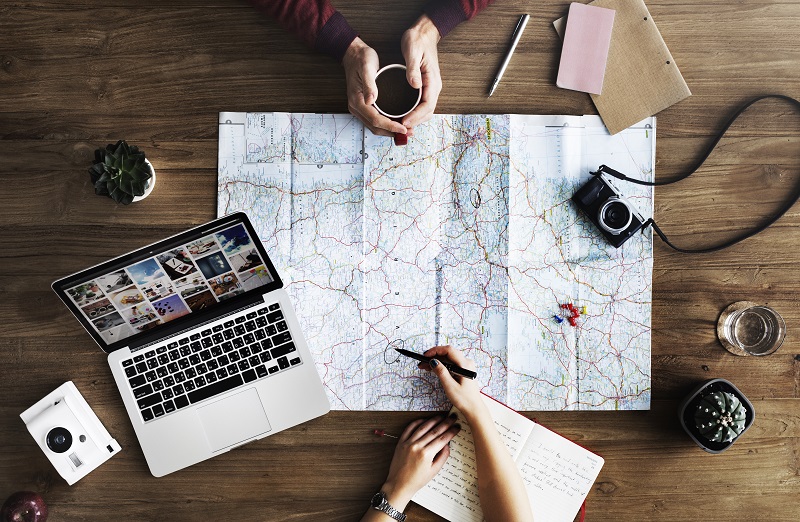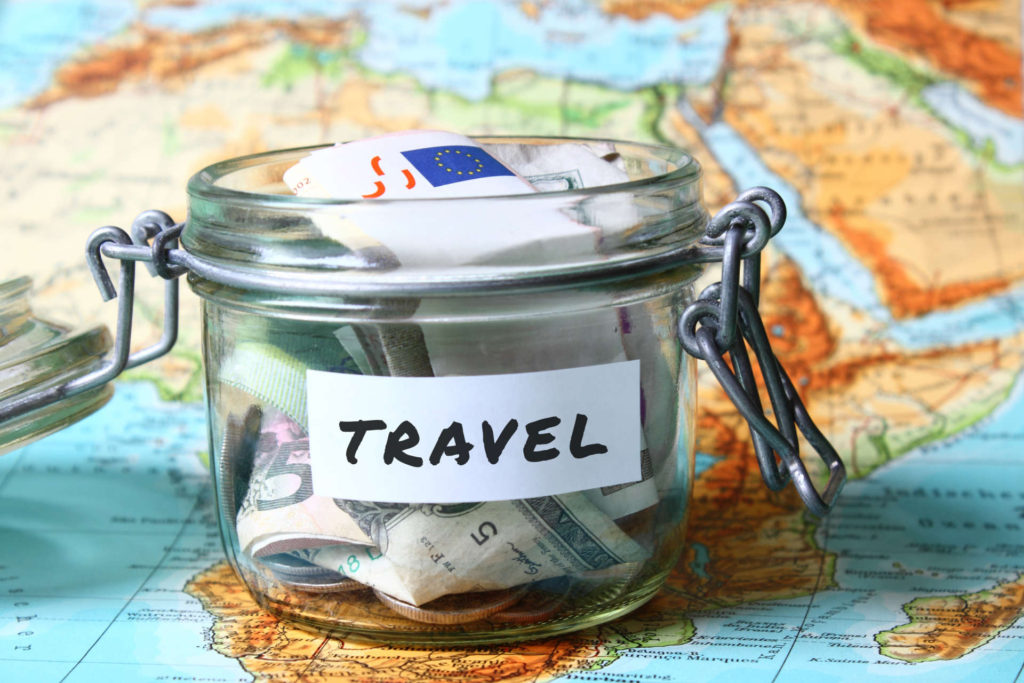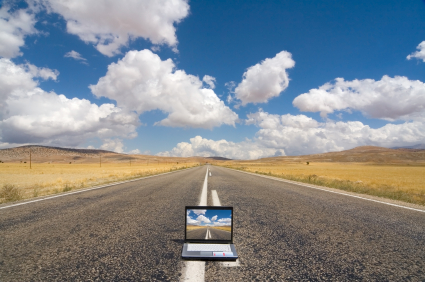When you are planning on a trip, especially a trip overseas, there is quite a bit to think about before you leave.
Besides having to pack, plan the trip, and making sure you have made all the necessary arrangements, you also have to figure out what you need to do before you leave. In fact, you probably have hundreds of ideas rush through your mind on all the loose ends you need to tie up before you walk out of the house.
Here are some things to take care of before you go, depending, of course, on how you travel, where you go, and how long you’ll be gone:
1. Keep track of your mail.
In many ways, living in a digital world has made life much easier. It can be immensely useful, for instance, for some someone like a backpacker who doesn’t stay in one place for long to use a digital mailbox.
It’s rather ingenious how most digital mailing services work. As iPostal1 explains, you basically have your mail forwarded by USPS to an address you choose and the mailbox team then scans the front of an envelope and sends it to you via email. When you sort through your emails, you can then log into your account and instruct them to shred an envelope or to open it, scan the contents, and send it to you. If you need the actual letter, they can forward it to the location you designate.
2. Notify your family and friends about your trip.
By sharing your itinerary with your family and friends, they will be able to contact you in an emergency. If, for instance, you’re going mountain climbing and don’t come back, they will be aware that something may have happened to you and can take some steps to find out if you’re doing alright.
3. Take your smartphone.
Here are some travel tips from digital nomad Geoffrey Morrison on how to take your smartphone with you on an international trip
“If you’ve traveled overseas, you’re probably aware of the extremely high roaming rates charged by your mobile provider. This extortion isn’t likely to go away anytime soon, but replacing your phone’s SIM can help reduce the sticker shock. Several companies offer “travel SIMs,” which you buy in advance of your trip, with known rates that are appealingly lower than what your home mobile provider offers.”
Your smartphone can be invaluable for a dozen reasons:
- You can call someone if you get lost or stranded.
- You can use Google Translate to communicate if you don’t speak the local language.
- You can find your way around using navigation apps.
- You can use a currency converter app.
- You will need many utilities—a calculator, a morning alarm, a flashlight, etc.
- You can take pictures of your memorable moments.
- You can stay in touch with people via email and social media.
- You can look up information on Wikipedia.
- You can amuse yourself with books, videos, music or games.
- You can take notes or record ideas.
- You can get a weather report.
- You can be contacted by family and friends if there is an emergency.
4. Put your subscriptions on hold.
If you have newspapers delivered to your door, then its worth and putting a temporary hold on them before you leave.
5. Take care of all your bills.
There are two ways of taking care of your bills before you leave. One is just pay them in advance. The other is to set up automated bill payments.
6. Inform your financial institutions about your trip.
Notify your bank and your credit card companies about your trip. If you don’t, they will think something suspicious is going on if they see your card used in unusual locations. They will probably suspend your card immediately because they will suspect that someone has stolen it. Additionally, your cards may not even work in other countries and you will have to ask them to unlock them.
7. Make sure you have enough prescription medications.
Find out what arrangements can be made so that you can still continue to take any necessary prescription medications. You don’t want to run out when you’re far from home. Talk to your doctor and he will tell you how to go about it.
8. Try to arrange for healthcare coverage.
Find out what type of healthcare coverage you can get if you’re travelling from one state to another. Also, look into what kind of insurance you can get if you travel overseas. This can be immensely useful if you do happen to get sick on your trip.
9. Double check all your reservations.
Depending on how you’re traveling, you may want to check on issues related to travel, accommodation, services, or meet ups. Be sure to call your travel agent, apartment managers, car rental agencies, hotels, contacts, etc.
10. Take some cash in small bills and change.
You may have to pay some expenses in small bills or in change, ranging from tolls to tips. It’s convenient to have the change in your pocket rather than figuring out how to make change.
Make Lists
While these ten tips are good memory joggers, you will probably think of many more. Make lists your new best friend.



